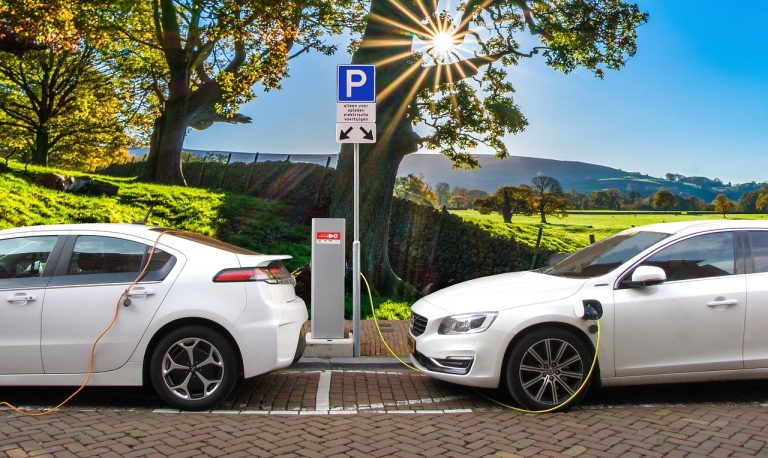Donald Trump’s victory over Kamala Harris in the 2024 presidential election is poised to bring significant changes and uncertainty to the U.S. electric vehicle (EV) sector. Known for his critical stance on EV policies, Trump has pledged to dismantle or scale back emissions standards and subsidies that promote EV production and adoption, including parts of the Biden administration’s Inflation Reduction Act (IRA) of 2022.
Rollback on EV Incentives
Republican leaders, spearheaded by Trump, have openly criticized the push for electric vehicles, labeling them as government-imposed mandates on consumers. Trump’s plans include rolling back EPA emissions standards and potentially defunding or limiting EV-related incentives through executive orders or policy changes. While completely dismantling the IRA might prove difficult, experts believe he could make significant changes to consumer credits, which currently provide up to $7,500 per EV purchase.
David Rubenstein, co-founder and co-chairman of The Carlyle Group, expressed measured optimism: “The IRA will probably have some adjustments … I don’t think the IRA will go away. It has some really good things in it that I think Republicans and Democrats will like.”
Investments in Republican States
Ironically, a substantial portion of IRA-driven investments into EV manufacturing has been concentrated in Republican-leaning states, such as Ohio, South Carolina, and Georgia. This geographical factor could play a role in tempering the extent of Trump’s policy changes, given the economic benefits to these regions.
David Christ, group vice president and general manager of Toyota North America, highlighted that automotive strategies often transcend election cycles: “Anytime there’s an administration change, it’s an interesting time for the industry because we have to go through new policies and regulations … Administrations sometimes change every four years, so we don’t really do a lot of modifying the strategy.”
Potential Winners and Losers
Wall Street analysts suggest that traditional automakers like General Motors (GM), Ford Motor, and Stellantis stand to benefit the most from a Trump administration and a Republican-controlled Congress. These companies could see relief from stringent environmental policies that pressure them to decarbonize their operations and accelerate EV production by the end of the decade.
John Murphy, an analyst at BofA Securities, noted, “We see F and GM as the main beneficiaries from the Trump administration. The current environmental regime would pressure the core business of legacy [automakers, trucks,] to decarbonize by the end of the decade while shifting quickly to an EV portfolio.”
For GM, which has set ambitious targets for an “all-electric future,” access to federal tax credits is essential for building a profitable EV business. On the other hand, startups like Rivian Automotive and Lucid Group were seen as potential beneficiaries under Democratic policies and could face challenges under Trump’s approach.
Toyota, which has invested more in hybrid technology than all-electric models, may find opportunities in a regulatory environment that de-emphasizes strict EV mandates. Meanwhile, Stellantis continues to face challenges in the U.S. market, with its shares reflecting those struggles.
Market Reactions
Following Trump’s victory, the stock market saw immediate effects. GM and Ford shares rose, signaling investor confidence in a less restrictive regulatory environment. In contrast, shares of Lucid and Rivian fell sharply, down 8% and 10%, respectively, reflecting concerns about diminished federal support for EV startups.


